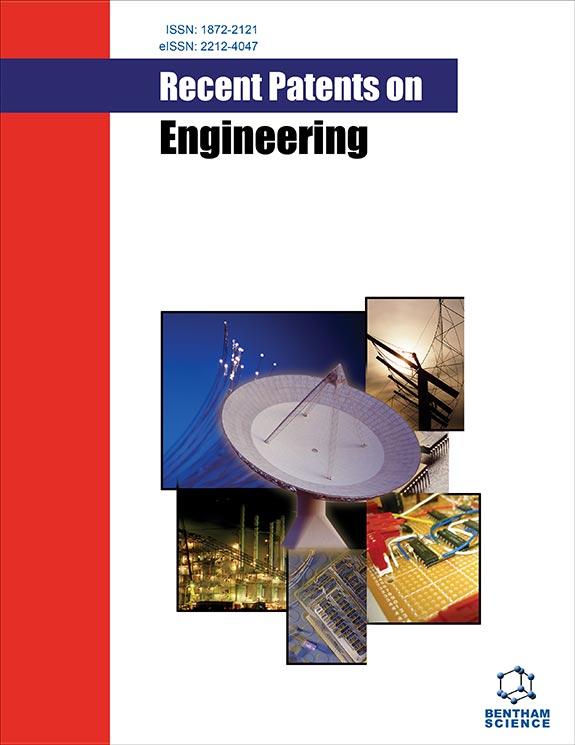Submission Tilte
Sustainability & Emerging Technologies: Cross-Sector Innovations in Healthcare, Agriculture, and Climate Resilience
Submission Abstract:
The special issue titled “Sustainability & Emerging Technologies: Cross-Sector Innovations in Healthcare, Agriculture, and Climate Resilience”, aims to explore how advanced technologies can address urgent global sustainability challenges across multiple critical domains. Healthcare, agriculture, and climate resilience are deeply interconnected sectors where technological innovation has the potential to drive transformative change while advancing the Sustainable Development Goals (SDGs).
Emerging technologies such as Artificial Intelligence (AI), Internet of Things (IoT), blockchain, big data analytics, and digital twins are enabling predictive insights, efficient resource utilization, and improved system resilience. In healthcare, these tools are fostering sustainable service delivery and secure digital infrastructures. In agriculture, they support precision farming, supply chain transparency, and climate-adaptive practices. For climate resilience, they facilitate accurate risk modeling, renewable energy optimization, and ecosystem monitoring. At the same time, security, privacy, and governance concerns remain central to ensuring that these innovations are implemented responsibly and equitably. By integrating research and practice across disciplines, this special issue will provide a platform for knowledge exchange on sustainable, secure, and ethical deployment of emerging technologies.
This collection will be of interest to researchers, practitioners, policymakers, and industry leaders who are working at the intersection of technology, sustainability, and security. The special issue will highlight cross-sector innovations, share global perspectives, and provide actionable insights for building resilient, secure, and sustainable futures.
This special issue will:
• Provide actionable insights on how emerging technologies contribute to sustainability and resilience.
• Bridge healthcare, agriculture, and climate change under a security-conscious framework.
• Inform policymakers and industry leaders about best practices for sustainable technology adoption.
• Offer a truly interdisciplinary perspective, connecting technical, environmental, and social dimensions of sustainability.




